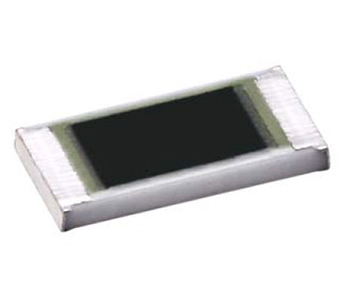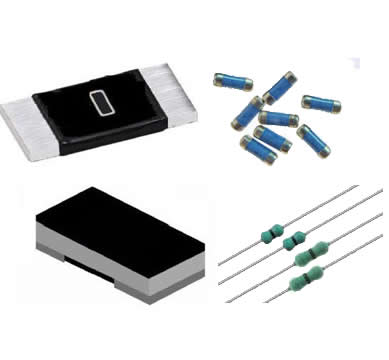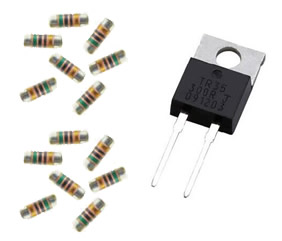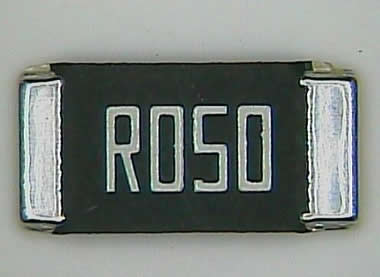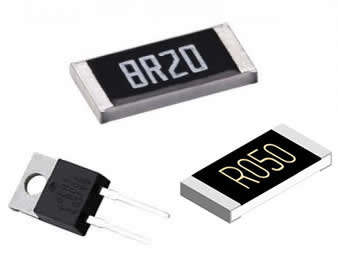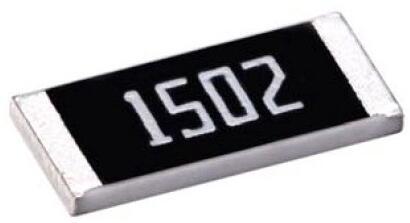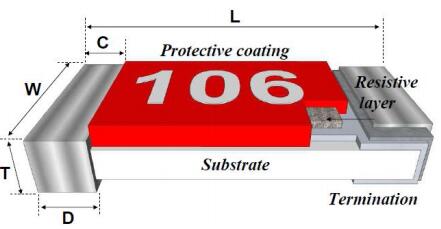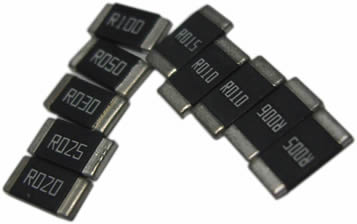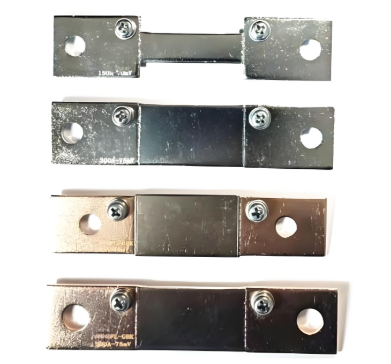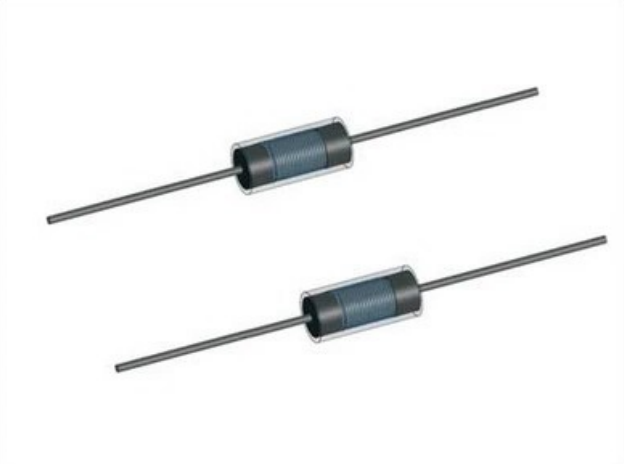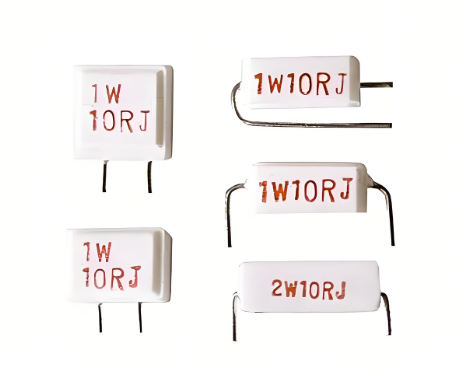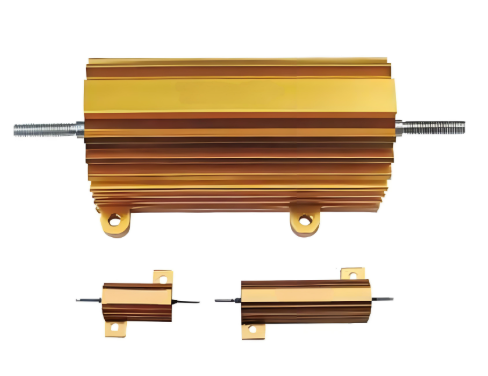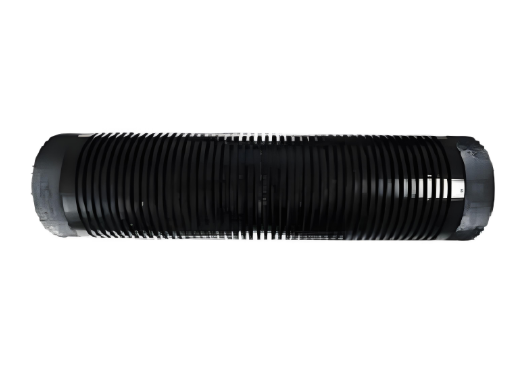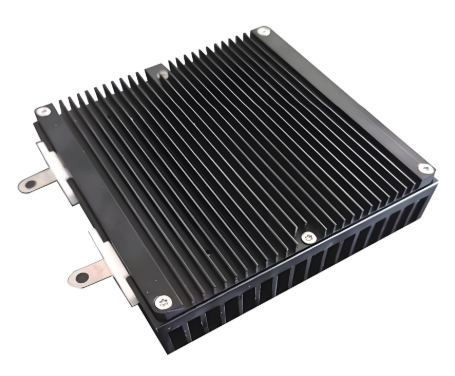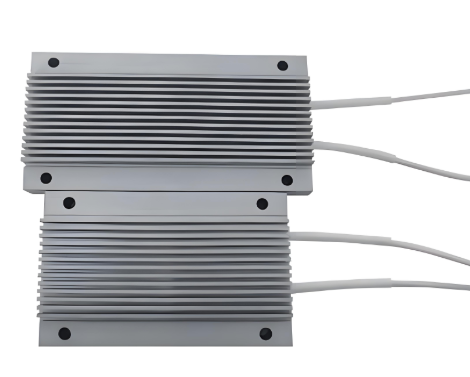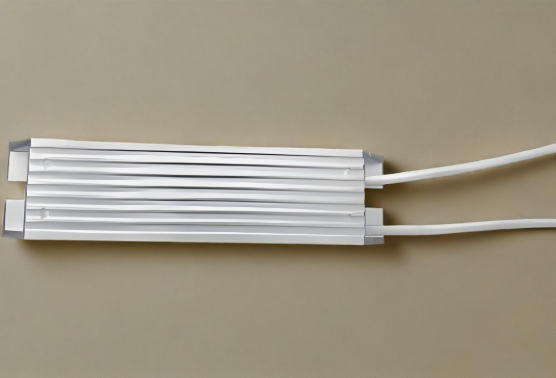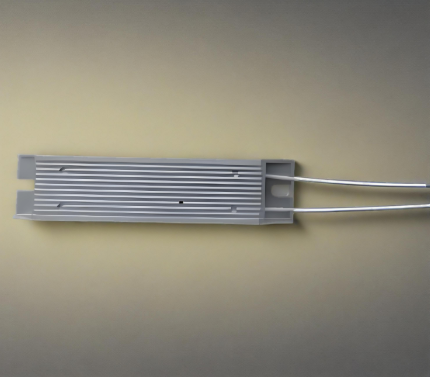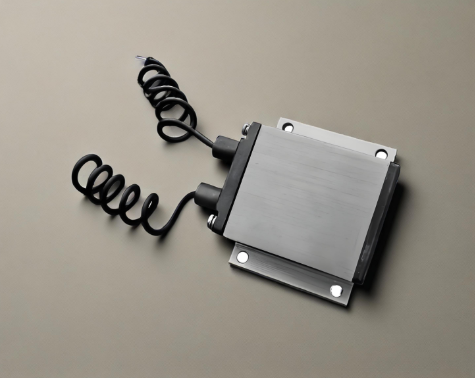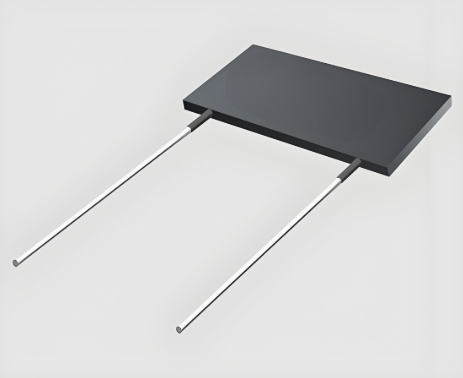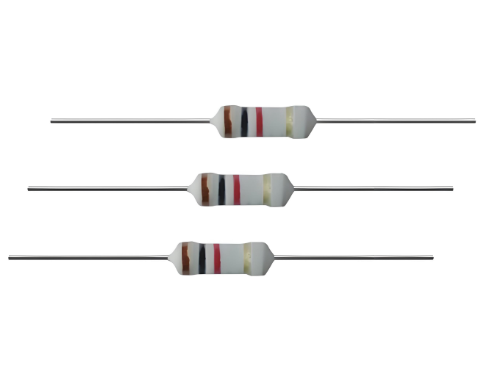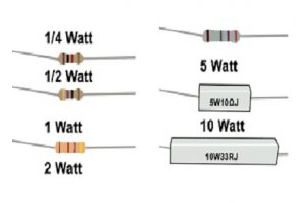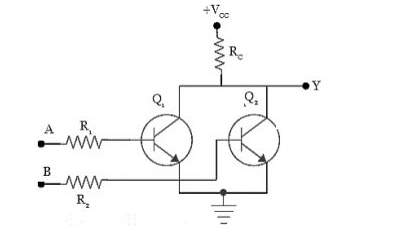-
What Is a Surge Resistor?
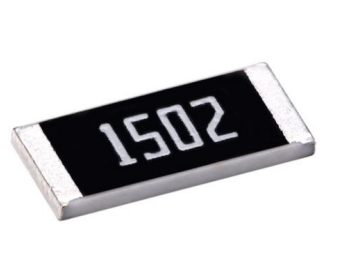
What Is a Surge Resistor Function, Types, and Key ApplicationsIntroduction: Surge resistors are critical components in electronic circuits, protecting sensitive devices from voltage spikes and transie...
-
High Pulse Resistance Surge Resistor: The Ultimate Guide for Reliable Circuit Protection
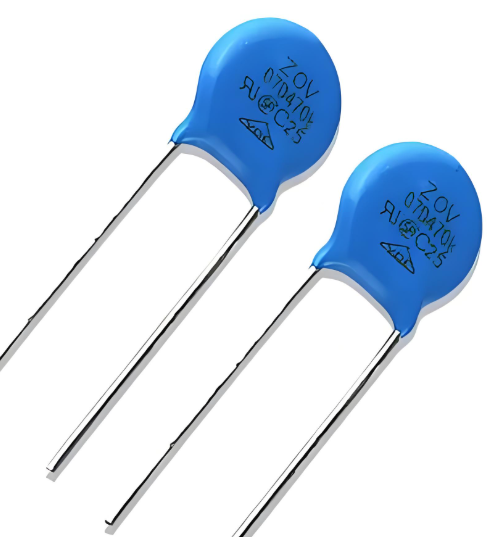
IntroductionIn the realm of electronics, the reliability and safety of circuits are paramount. Voltage spikes and transient events can wreak havoc on sensitive components, leading to costly repairs an...
-
Surge Resistor Function: How It Protects Circuits, Prevents Damage & Optimizes Performance in Electronics

1. What Does a Surge Resistor Do Core Functions ExplainedA surge resistor is not just a passive component—it’s a first line of defense against electrical transients. Its primary functions include:...
-
How Does a Surge Resistor Work? Voltage Clamping, Energy Absorption & Real-World Protection in Electronics
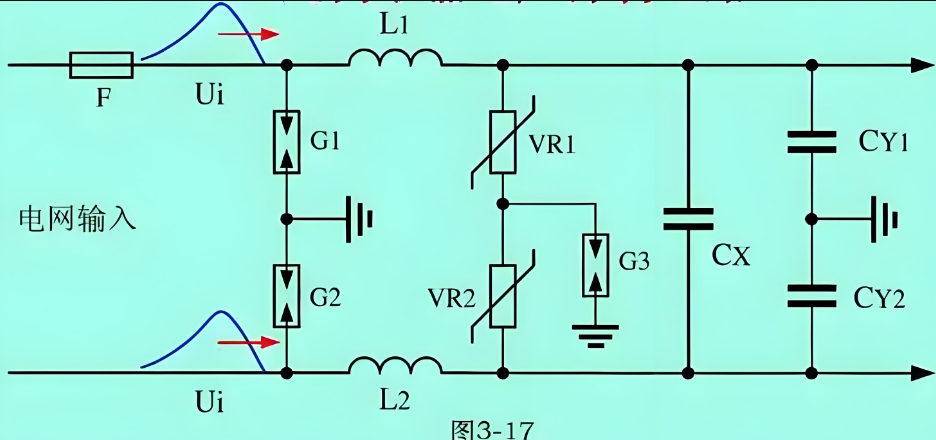
1. How Surge Resistors Work: A Quick OverviewA surge resistor (often a varistor, or voltage-dependent resistor) protects circuits by diverting excess current during voltage spikes. Its core mechanism ...
-
Telecom Surge Resistors: Essential Components for Modern Electronics
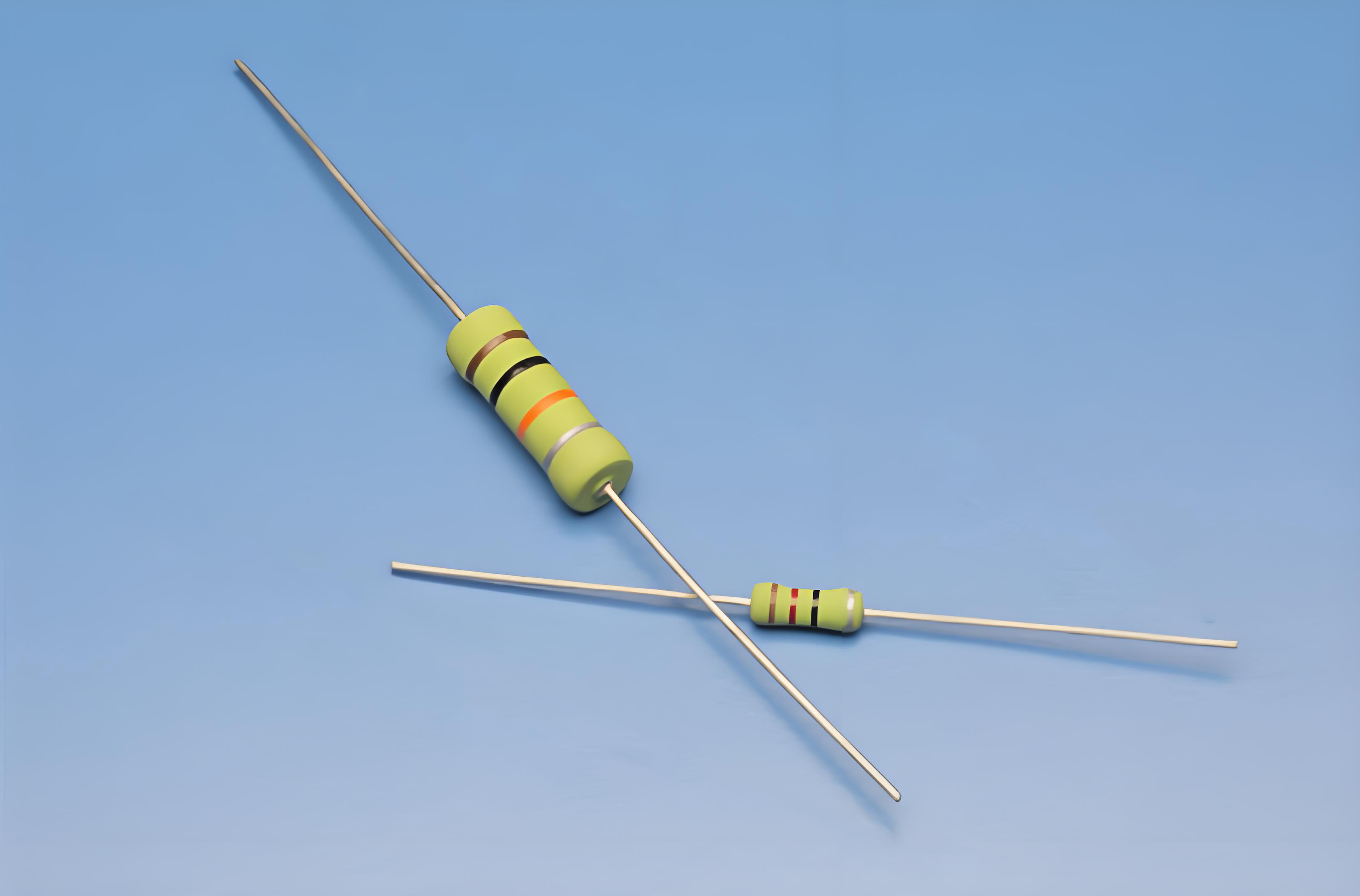
Telecom Surge Resistors: Essential Components for Modern ElectronicsTelecommunications systems are an integral part of the modern world, requiring robust and reliable components to handle the ever-inc...
-
How Anti - surge Precision Resistors Can Stabilize Your Electronic Circuits
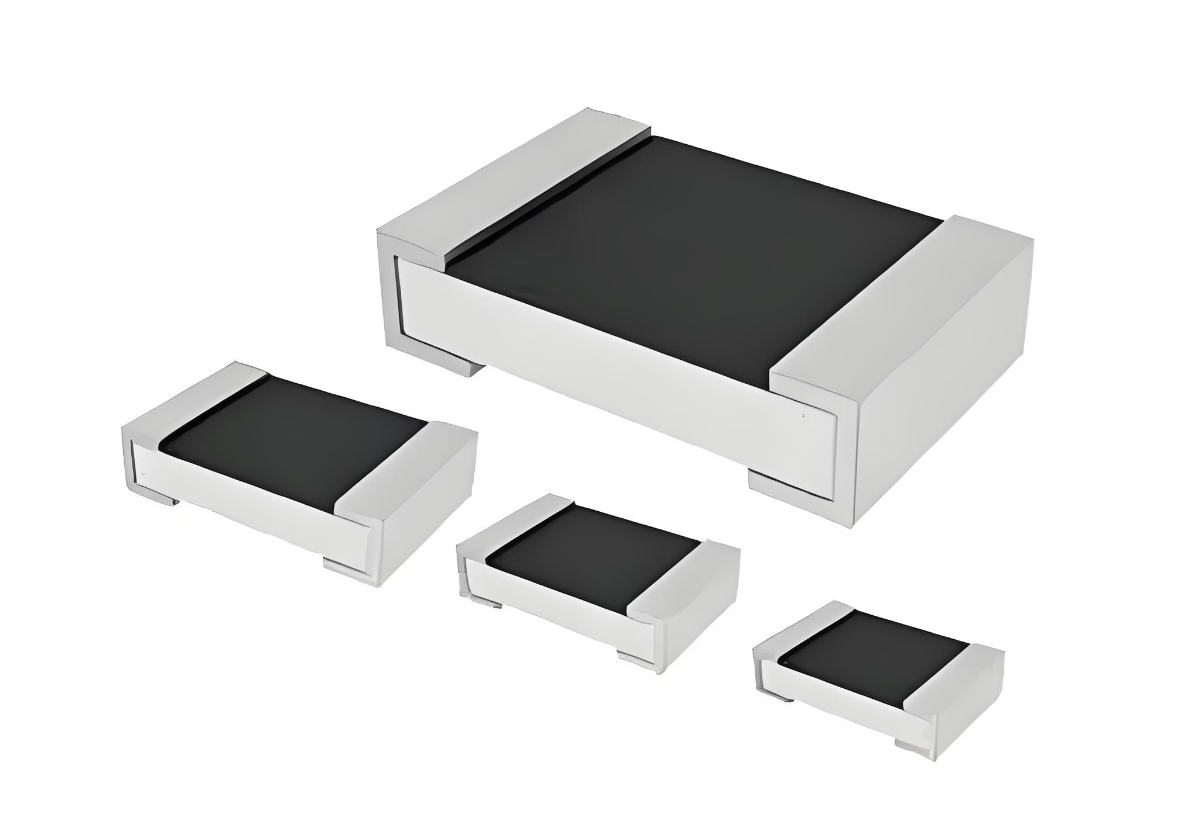
IntroductionIn today's complex electronic landscape, circuits are constantly exposed to voltage surges that can disrupt normal operations and damage sensitive components. Anti-surge precision resi...
-
Power Supply Surge Protection Resistors: Essential Components for Modern Electronics
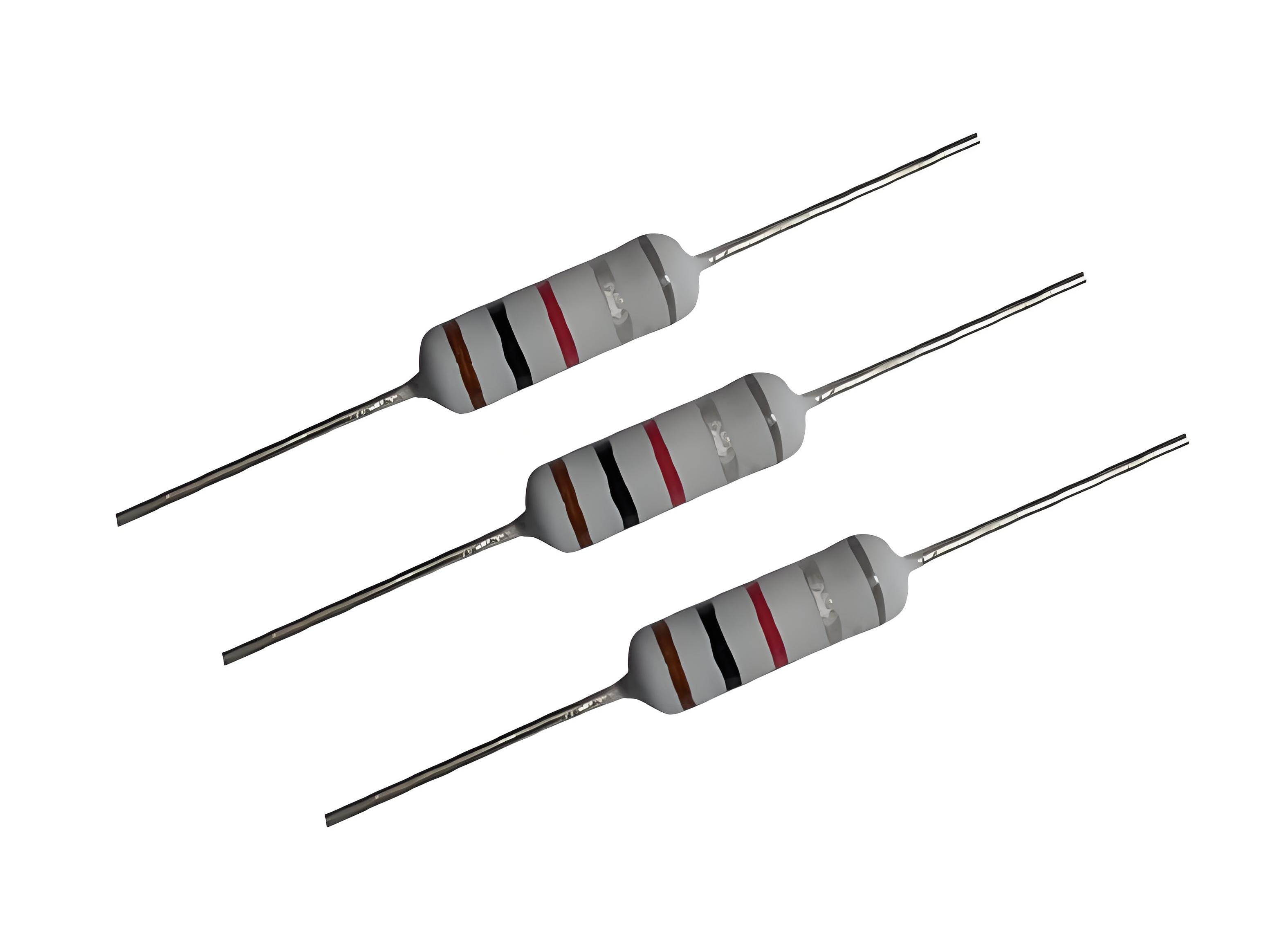
Power Supply Surge Protection Resistors: Essential Components for Modern ElectronicsIn modern electronics, power supply surge protection resistors play a crucial role in safeguarding sensitive circuit...
-
500W-600W High-Power Resistors: Industrial Grade Solutions for Surge Handling and Thermal Management
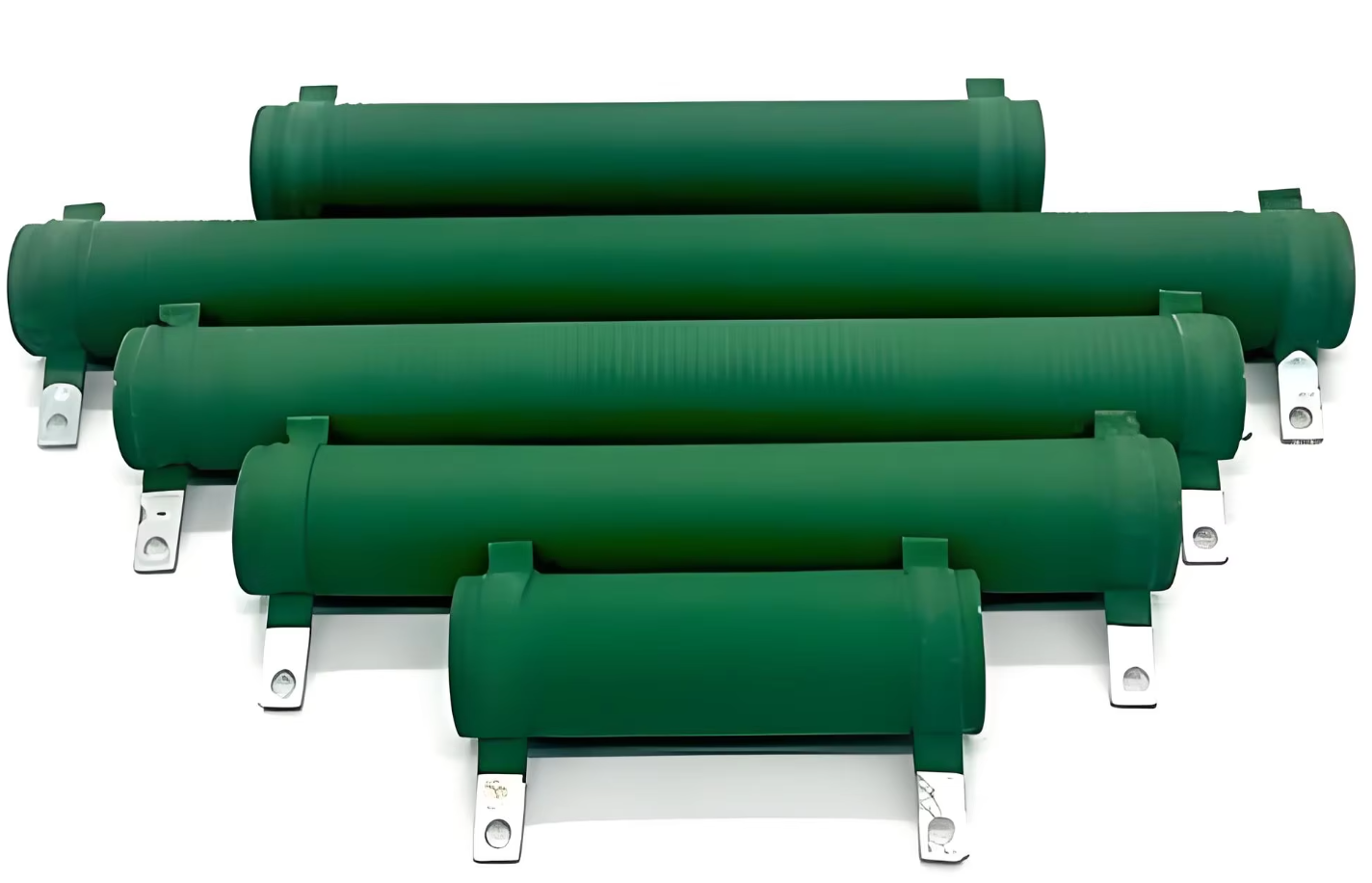
500W-600W High-Power Resistors: Industrial Grade Solutions for Surge Handling and Thermal ManagementIn high-power industrial circuits, 500W-600W resistors must handle both continuous load and sudden s...
-
High Voltage Resistors for Overvoltage Protection and Surge Protection

IntroductionHigh voltage resistors play a crucial role in electronic systems, particularly in overvoltage protection and surge protection applications. These components are essential for ensuring the ...
-
low TCR resistor vs standard chip resistor
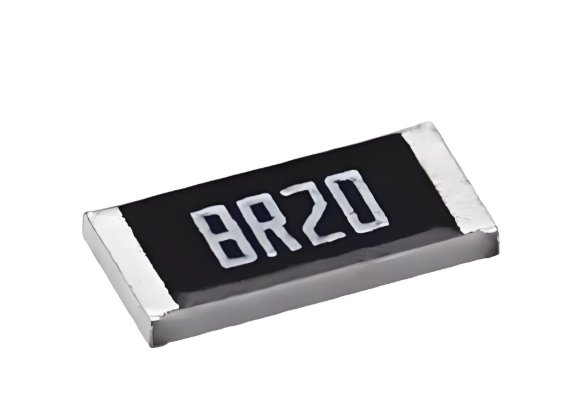
Low TCR Resistor vs Standard Chip Resistor: Key Differences & Best ApplicationsIntroductionWhen designing precision circuits, selecting the right resistor type is critical. Two common choices are ...
-
What is an Ignition Resistor?
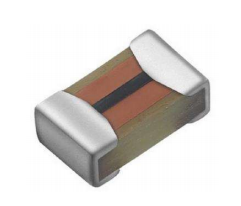
What is an Ignition Resistor Function, Failure Signs & SolutionsIntroductionAn ignition resistor (also called a ballast resistor) is a crucial but often overlooked component in vehicle ignition sy...
-
What Does a Safety Resistor Do?
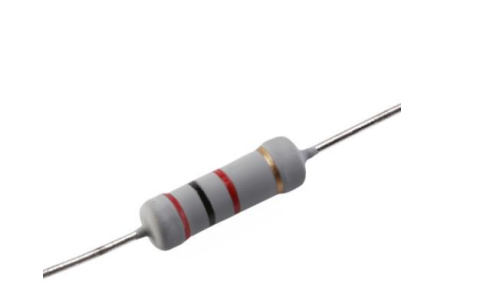
What Does a Safety Resistor Do Key Functions and Protection MechanismsIntroduction: Safety resistors play a critical role in electronic circuit protection, but many engineers misunderstand their full ...
-
what is the purpose of an ignition resistor
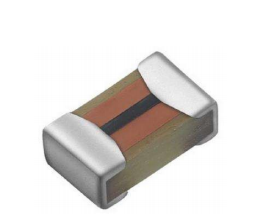
What Is the Purpose of an Ignition Resistor Function, Failure Signs & FixesAn ignition resistor is a crucial but often overlooked component in many combustion engines. Whether you're dealing w...
-
What is a High Voltage Cylindrical Resistor?
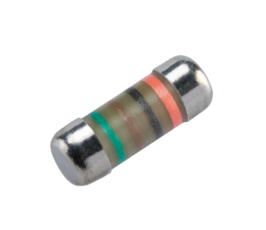
Introduction: Why the High Voltage Cylindrical Resistor Deserves Your AttentionWhen engineers search for a high voltage cylindrical resistor they are usually facing one of two headaches: extreme volta...
-
MELF Resistor Temperature Coefficient: Everything You Need to Know

IntroductionMELF (Metal Electrode Leadless Face) resistors are widely used in various electronic applications due to their superior characteristics. One of the key factors to consider when selecting a...
-
High precision resistor applications
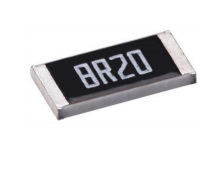
<!-- Introduction -->High Precision Resistor Applications: A 2024 Technical GuideHigh precision resistors are critical components in electronics where stability, accuracy, and low temperature coeffici...
-
Why Your Trimmable Resistor Calibration Fails (And How to Fix It)
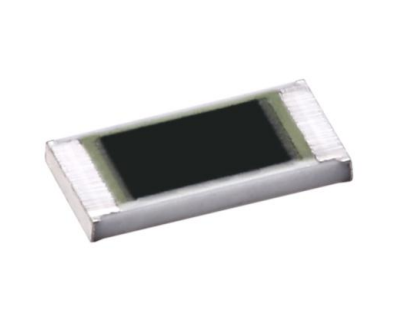
<!-- Introduction -->Why Your Trimmable Resistor Calibration Fails (And How to Fix It)Trimmable resistors are essential for precision electronics, but improper calibration can lead to circuit instabil...
-
How to Choose the Right High-Voltage Safety Resistor for Your Circuit
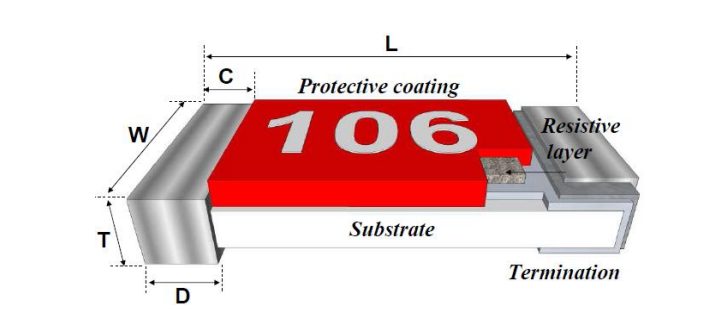
<!-- Introduction -->IntroductionHigh-voltage safety resistors are critical components in electrical circuits, ensuring protection against overvoltage, surges, and potential failures. Choosing the rig...
-
Introduction to 10k Ohm Jumper Resistor Applications
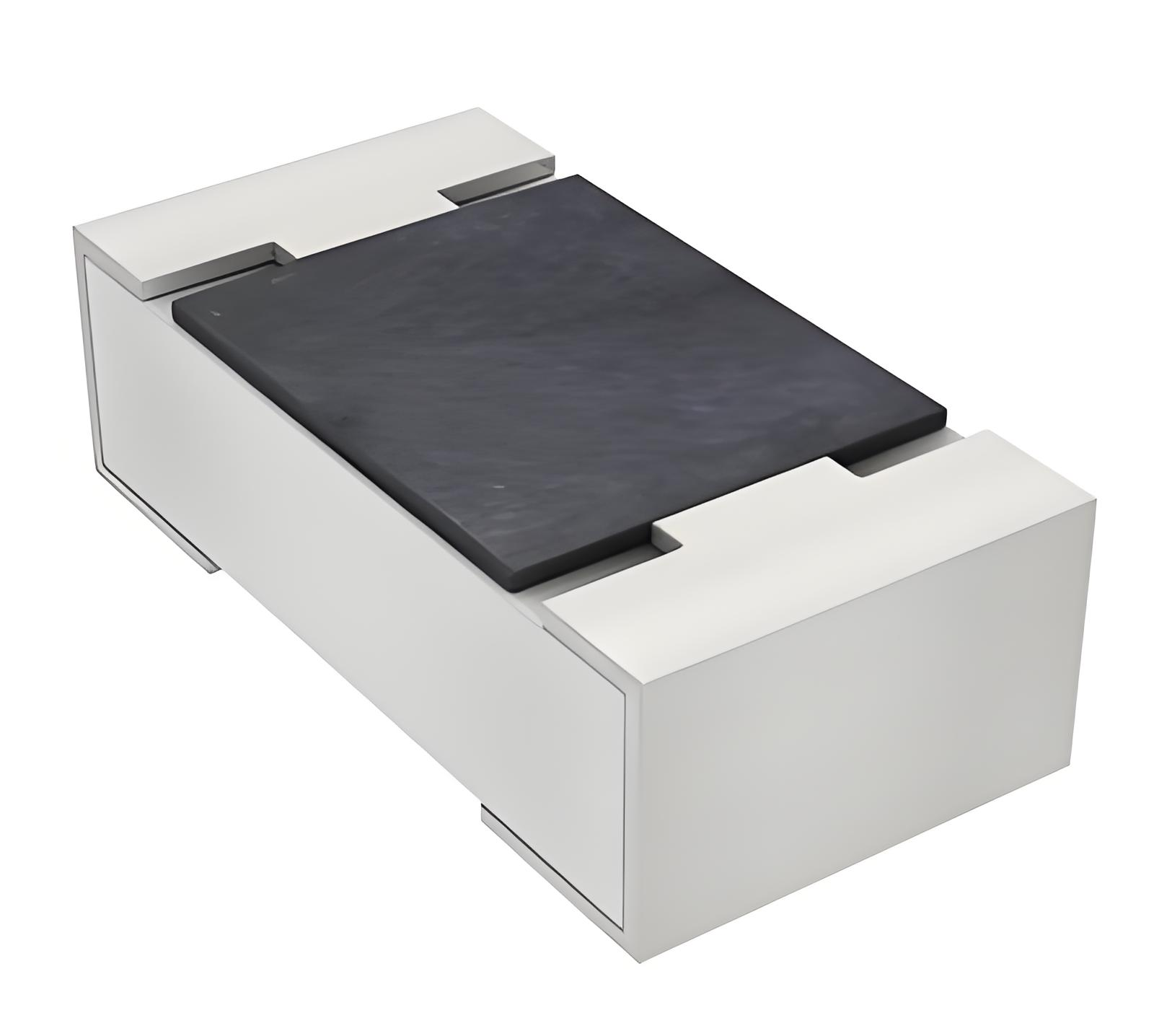
Introduction to 10k Ohm Jumper Resistor ApplicationsThe 10k Ω jumper resistor is a versatile component in electronic circuits, serving critical roles in configuration, signal conditioning, and fault ...
-
THT Resistor Tolerance Specifications: A Comprehensive Guide

IntroductionThrough-Hole Technology (THT) resistors are a cornerstone in electronic circuit design, offering stability and reliability. One critical aspect that significantly influences their performa...
-
How Does a Surge Resistor Work? Voltage Clamping, Energy Absorption & Real-World Protection in Electronics

1. How Surge Resistors Work: A Quick OverviewA surge resistor (often a varistor, or voltage-dependent resistor) protects circuits by diverting excess current during voltage spikes. Its core mechanism ...
-
Surge Resistor Function: How It Protects Circuits, Prevents Damage & Optimizes Performance in Electronics

1. What Does a Surge Resistor Do Core Functions ExplainedA surge resistor is not just a passive component—it’s a first line of defense against electrical transients. Its primary functions include:...
-
Power Supply Surge Protection Resistors: Essential Components for Modern Electronics

Power Supply Surge Protection Resistors: Essential Components for Modern ElectronicsIn modern electronics, power supply surge protection resistors play a crucial role in safeguarding sensitive circuit...
-
High Pulse Resistance Surge Resistor: The Ultimate Guide for Reliable Circuit Protection

IntroductionIn the realm of electronics, the reliability and safety of circuits are paramount. Voltage spikes and transient events can wreak havoc on sensitive components, leading to costly repairs an...
-
What Is a Surge Resistor?

What Is a Surge Resistor Function, Types, and Key ApplicationsIntroduction: Surge resistors are critical components in electronic circuits, protecting sensitive devices from voltage spikes and transie...


